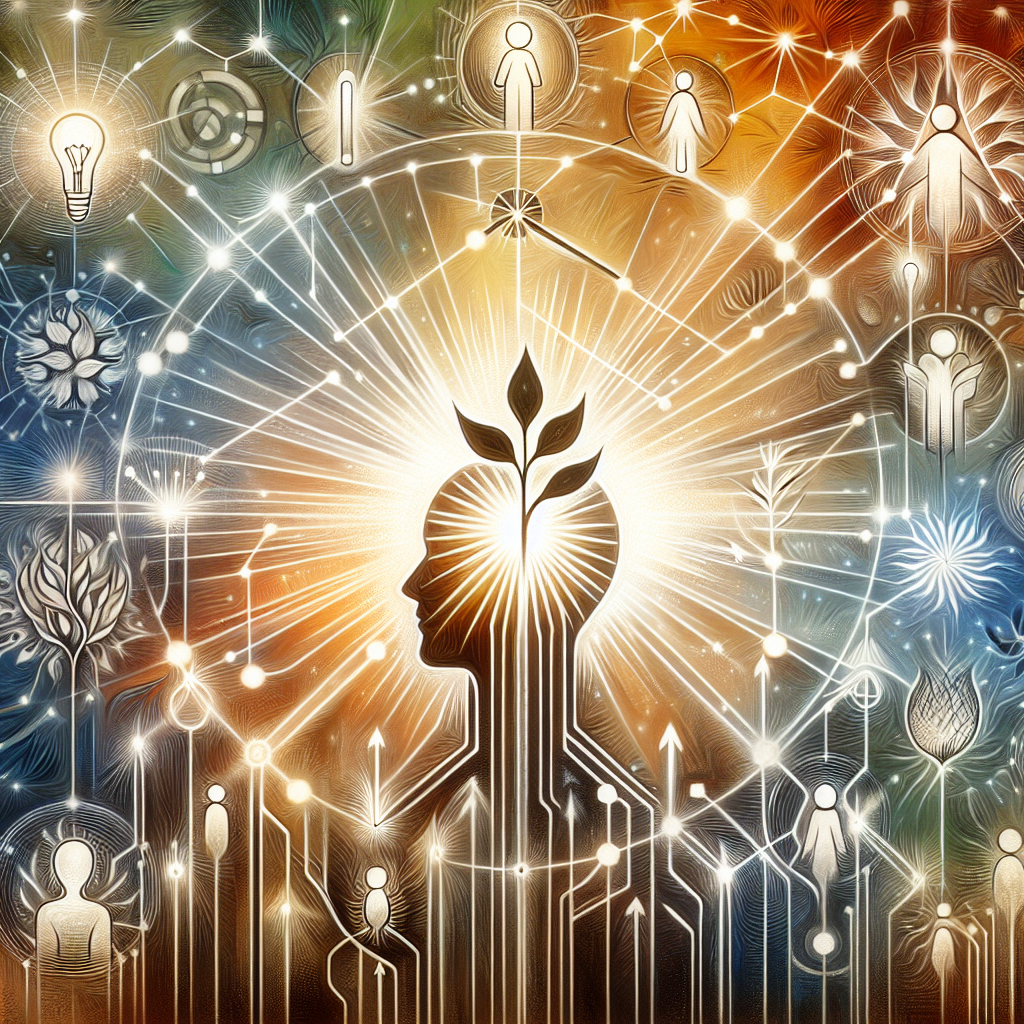
The Paradox of Progress – Is AI Making Us Dumber?
by bernt & torsten
An oddly paradoxical question exists as humans advance in artificial intelligence (AI). Is this innovation intended to make our lives easier or make us dumber? Could it be true that while we are busily training machines to think and act like humans, we are unconsciously descending towards becoming more like machines ourselves?
This article delves into the paradoxical relationship between AI and human intelligence, exploring how our reliance on automation may shape a future where creativity takes a back seat, leaving us homogenized and intellectually complacent.
In today’s digital age, AI is seemingly interlaced with our lives at every twist and turn. Whether responding to emails in real-time, creating content, or making images, AI has become our go-to solution. Yet, lurking beneath these conveniences lies the unnerving question: as we lean more on technology, are we losing the essential elements that make us human: creativity, individuality, and the ability to think critically?
The Rise of AI and its Allure
Artificial Intelligence is now an integral part of our daily lives. AI algorithms have infiltrated various aspects of our digital existence, from predictive text suggestions to image recognition. The allure of efficiency and time-saving has led us to embrace AI without fully comprehending the potential consequences. This article aims to unravel AI’s intricate implications for our cognitive processes, particularly creativity, critical thinking, and individuality.
Creativity in the Age of Automation
One of the most significant concerns surrounding the widespread adoption of AI is its impact on human creativity. The risk of diminishing our innate creative abilities becomes apparent as we delegate tasks to machines, ranging from responding to emails to generating content or even creating visual art. The essence of creativity lies in the human experience, the interplay of emotions, thoughts, and unique perspectives. When AI becomes the primary tool for creative expression, do we risk losing the distinctiveness that makes each creation reflect individuality?
Take, for example, creating an email response. In the past, crafting an email required thoughtfulness, attention to content and detail, and understanding the recipient’s expectations. Today, AI-based email platforms offer us an arsenal of pre-set replies. Consequently, the need for human thought, insight and creativity is subtracted from the equation.
This phenomenon translates across different sectors, including communication, artistic creation, and policymaking. AI may expedite productivity and efficiency, but the cost at which this comes is homogeneity and loss of originality.
The Homogenization Effect
AI, by design, seeks patterns and optimizes outcomes based on existing data. When applied to creative endeavours, this could lead to a homogenization effect, where diverse and unconventional ideas are overlooked in favour of those that align with established patterns. As AI-driven tools become more prevalent, there is a growing concern that the uniqueness and variety of our creative expressions may be sacrificed at the altar of predictability. The danger lies in the sameness of outcomes and the potential erosion of the skills required to think beyond the confines of pre-existing models.
A World of Similar Results
AI promises to provide solutions quickly and effortlessly. However, the flip side of this convenience is the risk of cultivating a world of similar results. When faced with a challenge or tasked with generating ideas, individuals may increasingly turn to AI, relying on its algorithms to produce outcomes based on past data. This not only limits the diversity of solutions but also hampers our ability to think critically and independently. The danger is that, over time, the reliance on AI may become a crutch, stifling our natural capacity for innovation and problem-solving.
The Cognitive Cost of Convenience
As we delegate cognitive tasks to AI, there is a potential mental cost that comes with its convenience. Our brains, much like muscles, require regular exercise to stay sharp and adaptive. When we offload cognitive tasks to AI, we run the risk of letting our mental faculties stagnate. Once honed through active engagement, the ability to reason, analyze, and think critically may erode as AI takes on more decision-making responsibilities. The result could be an intellectually complacent society relying on algorithms to do the heavy lifting of thought.
Challenging the Status Quo
Beyond the realm of creativity, the influence of AI extends into areas such as corporate and governmental policies. The systems designed to streamline decision-making and enhance efficiency can inadvertently create a rigid environment where challenging established norms becomes increasingly tricky. As AI algorithms shape policies and rules, dissenting voices may be drowned out in the sea of data-driven conformity. The danger is not only in losing the ability to challenge the status quo but also in accepting decisions made by algorithms without a thorough understanding of their implications.
The Robotization of Society
In embracing the convenience of AI, there is a risk of inadvertently transforming society into a collective of automatons. Whether it be in our creative pursuits or in navigating the intricacies of governance, the homogenizing influence of AI can lead to a society that operates on autopilot, devoid of the diversity of thought that fuels progress. The danger lies not in the technology but in how we integrate it into our lives. If we surrender too much of our decision-making and creative processes to AI, we risk becoming mere cogs in a machine governed by algorithms rather than individual agency.
Navigating the Balance
Acknowledging the potential pitfalls of widespread AI adoption is not a call to reject technological advancements. Instead, it is an invitation to approach the integration of AI with a mindful and balanced perspective. By understanding the risks, we can navigate the path forward with a conscious effort to preserve the essence of human intelligence and creativity.
Education and Adaptability
One key aspect of mitigating the potential negative impacts of AI on human intelligence is education and adaptability. As AI continues to evolve, so should our educational systems. Fostering critical thinking, creativity, and adaptability must be at the forefront of educational initiatives. Instead of viewing AI as a replacement for human intellect, it should be seen as a tool to augment and enhance our capabilities, leaving room for the uniquely human qualities that define us.
Ethical Considerations in AI Development
Another crucial aspect is the ethical development and deployment of AI. As we entrust machines with decision-making processes, ensuring transparency, accountability, and fairness in AI algorithms becomes paramount. Establishing ethical guidelines and regulations prioritizing human values and diversity can help prevent the unintended consequences of an AI-driven homogenized society.
Promoting a Hybrid Approach
Rather than entirely relying on AI or altogether rejecting its role, a hybrid approach that leverages the strengths of both human intelligence and AI capabilities is a more sustainable path forward. Humans can focus on leveraging their creative thinking, emotional intelligence, and complex problem-solving abilities, while AI handles routine and data-driven tasks. Striking this balance ensures that we continue to evolve intellectually without sacrificing the efficiency that AI brings to the table.
Final thought
The relationship between AI and human intelligence is intricate and multifaceted. While AI offers unprecedented convenience and efficiency, the potential risks of cognitive complacency, creativity erosion, and societal homogenization cannot be ignored.
As we navigate the evolving landscape of technology, it is crucial to approach AI integration with a conscious understanding of its implications. By prioritizing education, ethical considerations, and a hybrid approach, we can harness the power of AI without sacrificing the essence of human intellect and creativity. The future lies in our ability to strike a delicate balance that empowers human ingenuity and artificial intelligence.

Code Like Your Cinnamon Buns Depend On It
Picture this: a roomful of sleep-deprived souls peering into the void of endless meetings....

How Being Among Free Thinkers Ignites Personal and Professional Growth
Pursuing personal growth often leads us to seek the company of those we consider...

The Illusion of Control
In today's digital age, the illusion of control over our choices is pervasive and...